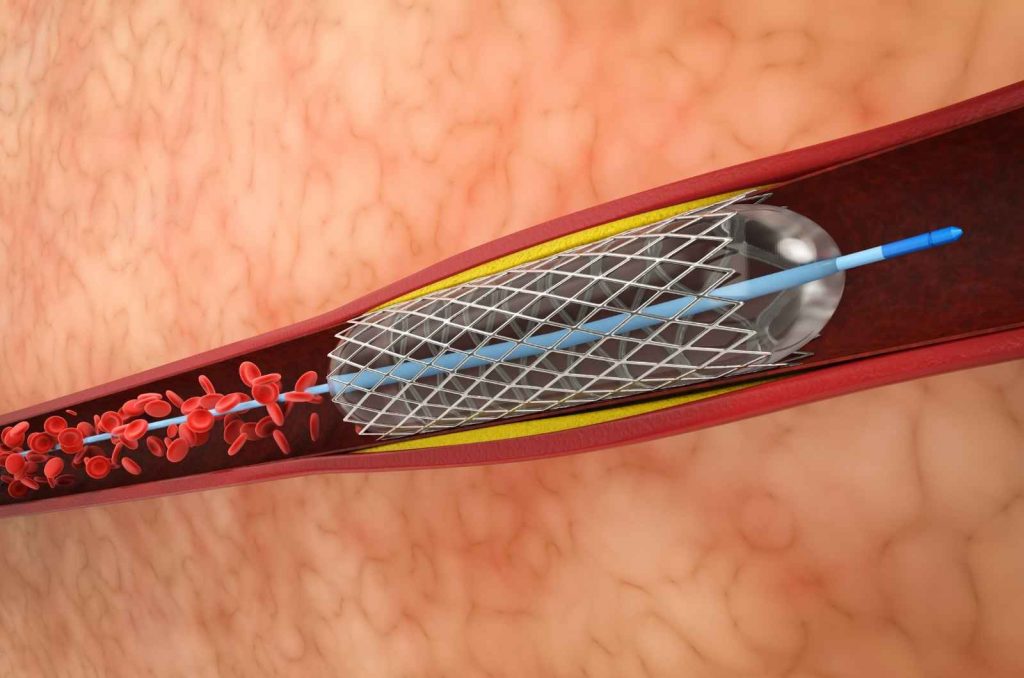
What Are Advanced Medical Implants?
Advanced medical implants represent a significant innovation in the field of healthcare, particularly in the treatment of vascular diseases. These devices are engineered to replace, support, or enhance the function of damaged or diseased tissues or organs within the human body. Unlike traditional medical implants, which have been used for decades to address a wide range of health issues, advanced medical implants incorporate cutting-edge materials and technology. They are designed with precision to interact seamlessly with the human body's biological systems, offering solutions that are not only more effective but also minimally invasive.
The scope of advanced medical implants in vascular disease treatment is vast, ranging from stents that keep blood vessels open to artificial valves that regulate blood flow. These implants play a crucial role in managing conditions such as atherosclerosis, aneurysms, and peripheral artery disease, offering patients improved outcomes and a better quality of life. The development of these implants is driven by ongoing research and technological advancements, aiming to address the complex needs of vascular disease patients and provide personalized treatment options that cater to individual health conditions.
Why Are Vascular Diseases a Global Health Concern?
Vascular diseases pose a significant health challenge worldwide, affecting millions of people and contributing to a high rate of morbidity and mortality. These diseases encompass a range of conditions that affect the blood vessels — arteries, veins, and capillaries — leading to compromised blood flow and the potential for life-threatening complications. Conditions such as coronary artery disease, stroke, and peripheral artery disease are among the most prevalent, directly impacting the quality of life of those afflicted and placing a substantial burden on healthcare systems.
The global concern over vascular diseases is driven by a combination of factors, including aging populations, the prevalence of lifestyle-related risk factors such as obesity, smoking, and physical inactivity, and the rise in conditions like hypertension and diabetes. These factors contribute to the development and progression of vascular diseases, making them a leading cause of death and disability around the world.
The widespread impact of these conditions highlights the urgent need for effective treatment strategies. Advanced medical implants offer a beacon of hope, providing innovative solutions to manage and treat vascular diseases, thus addressing a critical area of global health concern.
How Do Advanced Medical Implants Work in Treating Vascular Diseases?
Advanced medical implants function as a cornerstone in the contemporary treatment landscape for vascular diseases. These devices are ingeniously designed to interact with the body's vascular system, offering targeted solutions to complex medical challenges. For instance, stents, which are among the most common types of vascular implants, are used to open narrowed or blocked blood vessels, ensuring the uninterrupted flow of blood. These tubular structures are inserted into vessels via minimally invasive procedures, providing immediate relief and long-term management of conditions such as coronary artery disease and peripheral artery disease.
Another remarkable example is the use of artificial valves and grafts in treating conditions like aortic aneurysms or valve dysfunctions. These implants are engineered to mimic the function of natural blood vessels or valves, effectively restoring normal blood flow and preventing potentially fatal complications. The materials used in these implants are selected for their biocompatibility and durability, ensuring they can withstand the physiological stresses of the vascular system while minimizing the risk of rejection or adverse reactions.
The working mechanism of advanced medical implants in treating vascular diseases exemplifies the synergy between medical expertise and technological innovation. By providing bespoke, less invasive treatment options, these devices significantly improve patient outcomes, reducing the need for traditional, more invasive surgical interventions and enhancing the overall quality of life for individuals with vascular conditions.
click here for more info: medinol.com/